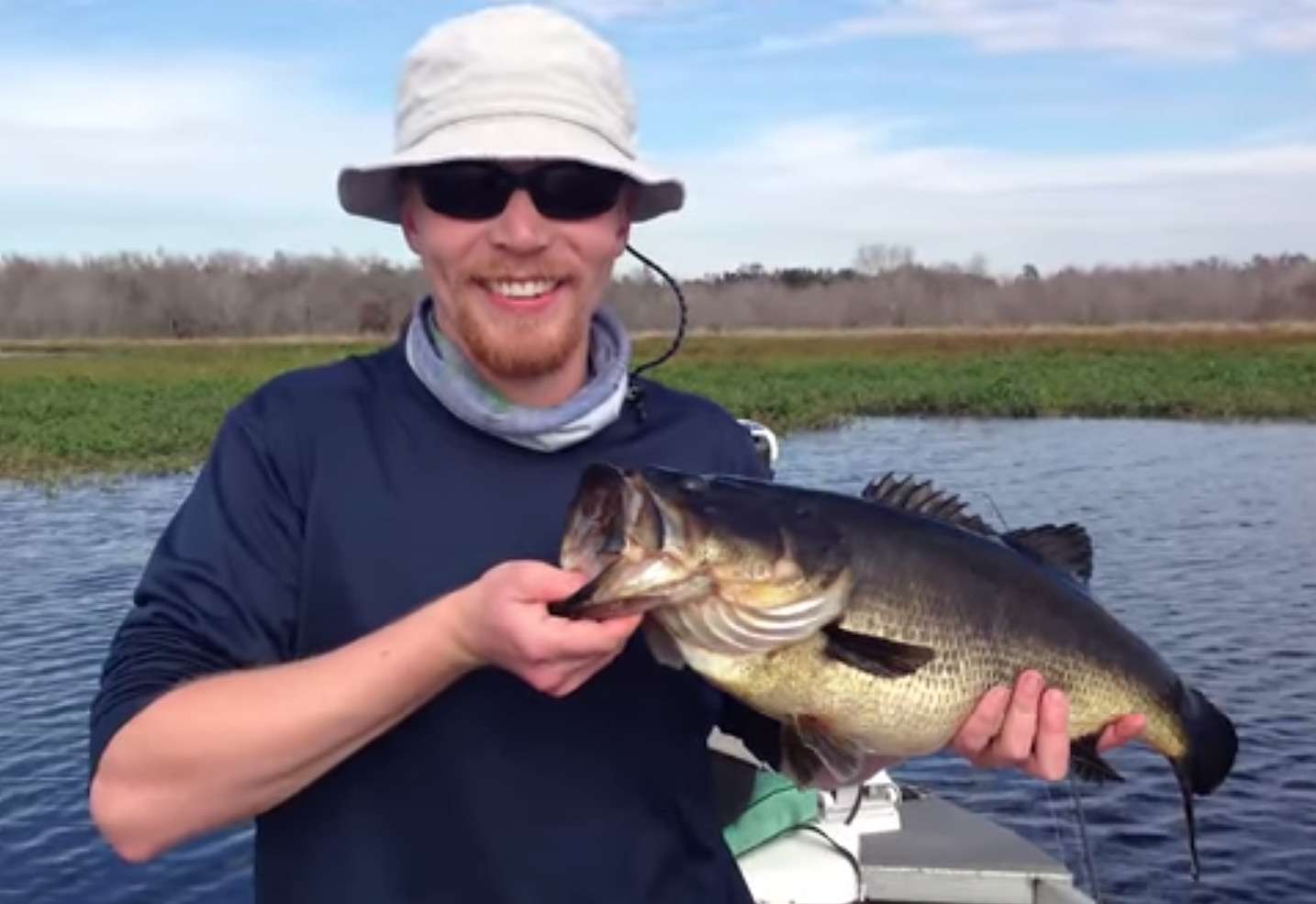
What is the proper way to handle a bass?
The answer to that question is the objective of a study being conducted by the Fisheries Conservation Foundation and the Allen Lab in the Fisheries and Aquatic Sciences Program at the University of Florida.
“Largemouth bass and black bass fisheries in general represent the most popular freshwater sportfish in North America,” said Mike Allen, associate director and professor of fisheries and aquatic sciences at University of Florida.
“And what’s happened is anglers have really developed a conservation ethic where that more than 90 percent of the bass are released back into the water. What hasn’t been developed is what are the best ways to handle those fish so that they have good survival and no injuries from the catch.”
The project is seeking up to $5,000 to fund a scholarship that will be awarded to a graduate student who will perform the research, to the student’s travel expenses to the hatchery and to the outreach materials for communicating the study’s results to the bass fishing community. To contribute, click here.
At some funding levels, the donor will receive gifts from Bassmaster Elite Series pros Fletcher Shryock, Ish Monroe and Mike Iaconelli.
“Most bass anglers release all or most of the fish they catch, including the big ones,” said Dave Precht, VP of editorial and communications at B.A.S.S. “A trophy bass is no longer something to be mounted on the den wall. It’s a keepsake experience that lives on in our memories as well as in the water from which it came.
“But we want to ensure that the fish we release alive will stay alive, not die a lingering death because of mishandling,” Precht continued. “It’s important to all of us that we establish through scientific research the best practices for handling and releasing trophy bass.”
Gene Gilliland, national conservation director for B.A.S.S., echoes Precht’s sentiments for scientifically establishing the best way to handle bass.
“We always think of bass as pretty tough critters that can tolerate a good deal of handling and still survive to be caught again and again,” said Gilliland.
“But recent reports have shown that if mishandled, especially among trophy-size bass, survival can be compromised. This research should provide information to both fishery managers and bass anglers that will help maximize the survival of released fish.”
To learn more, watch the video below. To make a contribution, click here.

